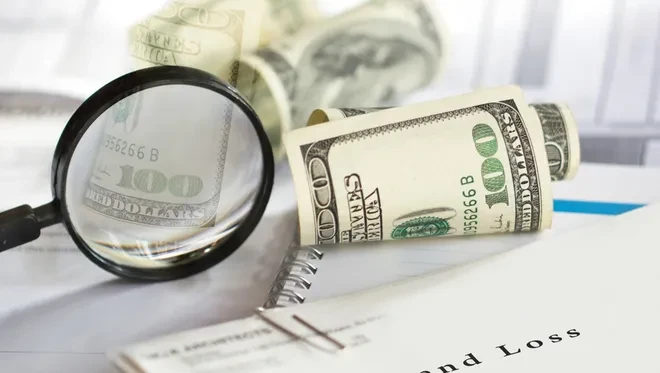Table of Contents
How to Avoid Overpaying Your Taxes
It may seem like a windfall to get a tax return, but it actually means you overpaid your taxes and gave the government a loan with no interest. Some people would rather get a lump sum refund, while others see tax overpayments as a missed chance to put their money to work.
Why? Because the extra money you pay the IRS could be saved or invested throughout the year and earn interest instead of just sitting in the government funds. Figuring out the right amount that should be taken out of your paycheck is often the only way to avoid paying too much in taxes.
Why do you pay more in taxes than you should?
When it comes to managing money, taxes are a tricky and often scary subject. A lot of people accidentally pay too much in taxes because they do not understand or pay attention to the details of their tax responsibilities. People often overpay their taxes because they do not understand the tax code or do not change their withholdings after big events in their lives.
For example, getting married can change your federal tax rate and the deductions you can claim. On the other hand, having a baby can make you eligible for extra credits, like the Child Tax Credit. People might pay more taxes than they need to if these life events are not taken into account by changing how much tax is withheld.
Also, if you lose your job, quit, or switch to part-time work and your income changes, you might fall into a lower tax bracket and end up paying too much in taxes. To avoid paying too much in taxes, it is important to stay aware and keep track of your withholdings.
Ways to Keep from Paying Too Much in Taxes
Because of its potential to make more money, money that you have access to right now is inherently more valuable than the same amount of money that you will have access to in the future. So, paying too much in taxes is like giving the government money and not getting any interest in return. You will miss out on the earnings you could have made if you had saved or traded the extra money you paid the IRS.
Changing your tax withholdings is a smart thing to do to avoid paying too much in taxes. Tax withholdings are the amounts of your income that your company takes out of your paycheck to pay your federal, state, and any other taxes that are due, such as Social Security and Medicare. These tax deductions are based on the information you put on your W-4 form, which you fill out when you start a new job or when your personal or financial situation changes.
The IRS tax withholding calculator is a great tool for figuring out how much to take out of your paycheck as taxes. This tool looks at things like your income, tax benefits, and tax credits to help you make a smart choice. You can avoid overpaying taxes and giving the government a loan with no interest if you make sure your withholdings are correct.
Things that happen in your life, like getting married, divorced, or a gift, can have a big effect on your taxes. You should check your withholdings from time to time, not just during these events, to make sure they still match your current financial situation.
As for tax credits and itemized deductions, they can lower your taxable income and change how much tax is withheld. Examples of tax credits and itemized deductions are mortgage interest, property taxes, and charity donations. You can make sure that the amounts withheld are correct by reviewing and updating your deductions and payments.
Lastly, keep up with changes to tax laws and rules that could affect the amount of money that is withheld from your paycheck. Changes to tax rates, tax reforms, and withholding tables can all affect how much tax is taken out of your paycheck.
What Will Happen If You Pay Too Much?
The IRS will usually give you a refund for the extra amount if they find out about this mistake while processing your tax return.
The CP24E notice is an official letter that tells people about overpayments of estimated taxes. It explains the overpayment on a tax return and the changes that were made afterward.
When taxpayers get the CP24E notice, they can look over the changes and make sure that the final score matches their financial records.
How to Spend Your Money Back
You will have a few different ways to get your extra tax money back from the IRS if you do end up overpaying. You may:
- You can put some or all of your refund toward your tax return for the next year.
- Get your money back through direct payment.
- Get your money back by check.
- With your return, buy Series I Savings Bonds.
In the end
If you get a big tax refund, it might seem like good luck, but it probably means you overpaid your taxes and missed the chance to put that extra money to work. To prevent this, you might want to change how much tax you have withheld and look at your allowances again after big events in your life.
